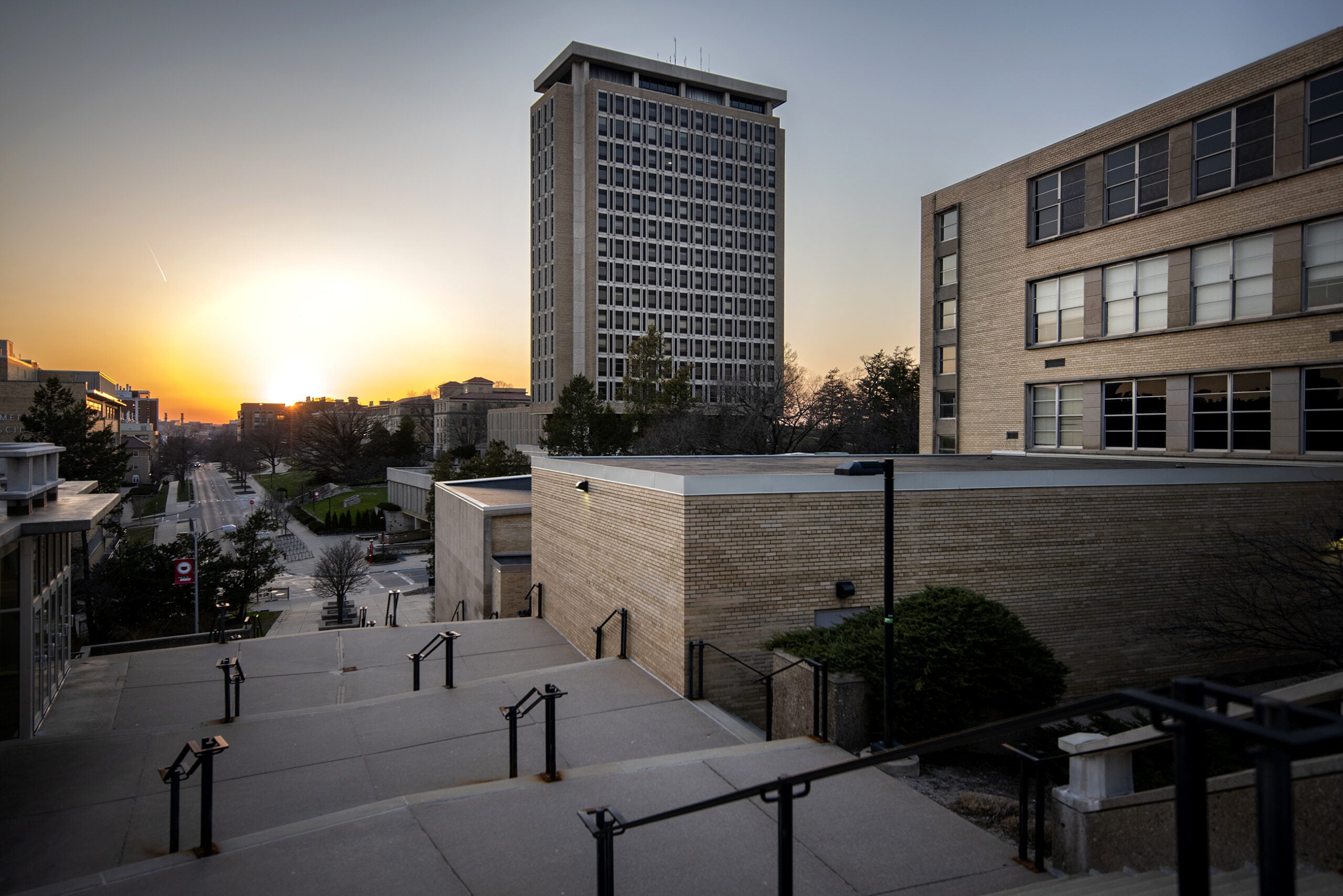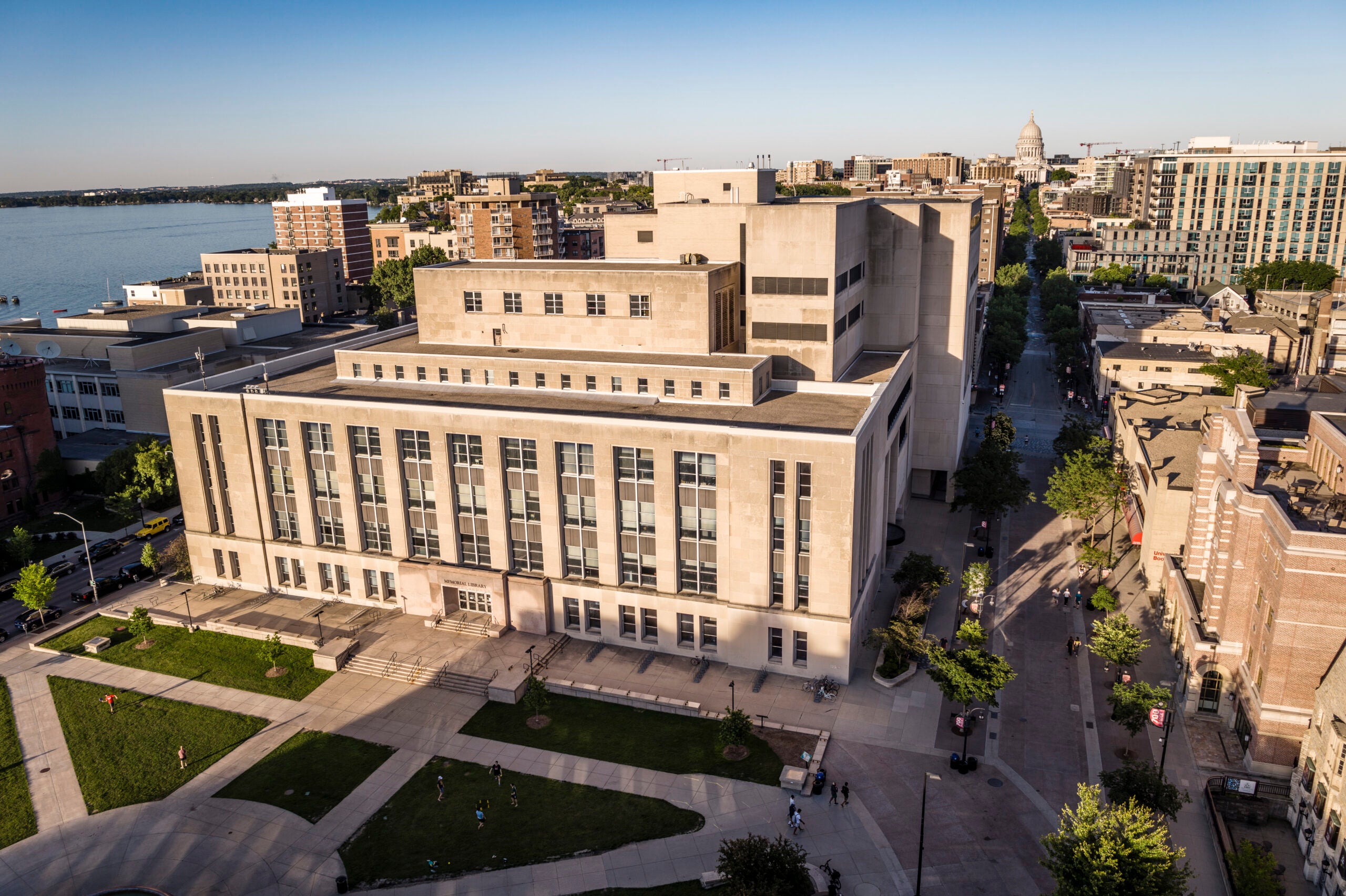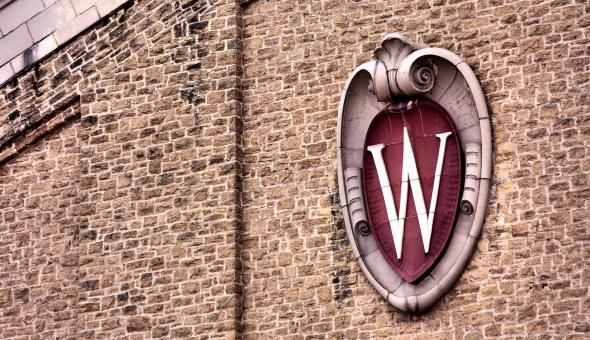The University of Wisconsin System will not increase tuition for resident undergraduate students over the next academic year despite state lawmakers giving state universities the authority to do so for the first time in eight years.
In May, the Legislature’s Republican-led budget committee decided against extending a freeze on undergraduate tuition increases for Wisconsin students that started in 2013. The freeze was popular among Republicans who were outraged when a memo from the state’s non-partisan Legislative Fiscal Bureau showed $648 million in cash reserves across the UW System, most of which came from unspent tuition revenue.
Budget after budget, lawmakers continued the tuition freeze. In October, UW System records showed that unused tuition reserves, known as balances, were at their lowest level since 2008.
News with a little more humanity
WPR’s “Wisconsin Today” newsletter keeps you connected to the state you love without feeling overwhelmed. No paywall. No agenda. No corporate filter.
On Thursday, the UW Board of Regents will vote on the UW System’s annual operating budget. Despite having renewed authority, system administrators will not be asking regents to approve any tuition increases for Wisconsin undergrads.
UW System administration officials weren’t available to comment on the budget.
During an online panel discussion organized by the nonpartisan Wisconsin Policy Forum, UW System interim President Tommy Thompson told attendees Republican lawmakers warned him against increasing tuition when submitting his UW budget request at the start of the state budget-writing process.
“I have been told in no uncertain terms by the leadership of the Legislature that if I come in with a tuition increase, the budget is not going to go anywhere,” said Thompson.
State Rep. Katrina Shankland, D-Stevens Point, is a member of the Assembly’s Committee on Colleges and Universities. She said stimulus funding for higher education likely played a roll in the UW System’s decision not to increase undergraduate tuition. But Shankland said it also appears that system leaders recognized the COVID-19 pandemic took a toll on students and that not increasing tuition would give students and their families certainty when deciding whether to enroll.
“And I appreciate that because I personally think that we should be freezing tuition and funding the freeze, which is what Gov. (Tony) Evers proposed,” said Shankland. “But unfortunately, Republicans on the Joint Finance Committee didn’t follow through with that.”
Shankland is referring to the governor’s two past state budget proposals, which kept tuition frozen at 2013 levels but increased state funding to offset any losses in revenues.
State Rep. Dave Murphy, R-Greenville, chairs the Assembly Committee on Colleges and Universities. He applauded the UW System for not including resident undergrad tuition increases in its operating budget.
“I think it does probably speak to the fact that the amount of federal money that has been coming into the state and specifically into either higher education or K-12 education is a lot of money and there’s a lot of things that they can do with it,” said Murphy.
While the state budget doesn’t include any limits on how much the UW System could increase tuition, Murphy said he’d like to see any future increases limited to the rate of inflation. Since 2019, Murphy has co-sponsored two bills that would set caps tuition increases but neither have passed.
Wisconsin Public Radio, © Copyright 2025, Board of Regents of the University of Wisconsin System and Wisconsin Educational Communications Board.






